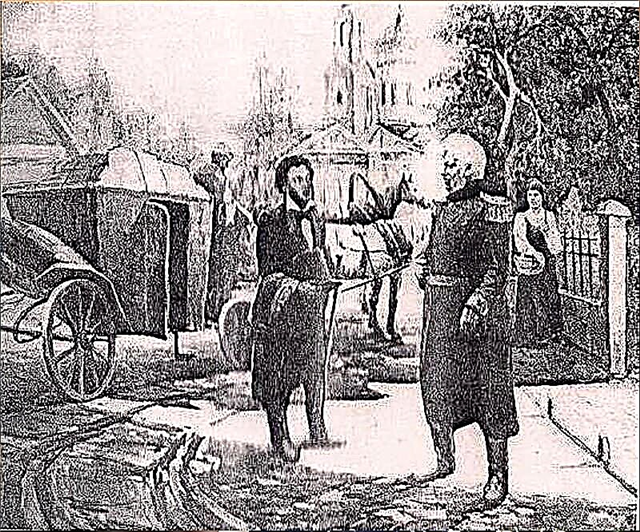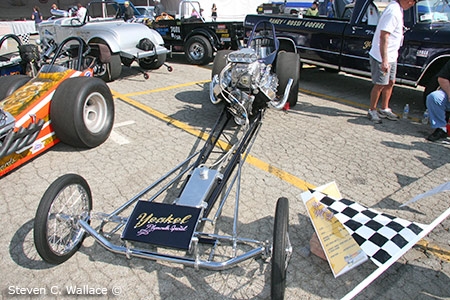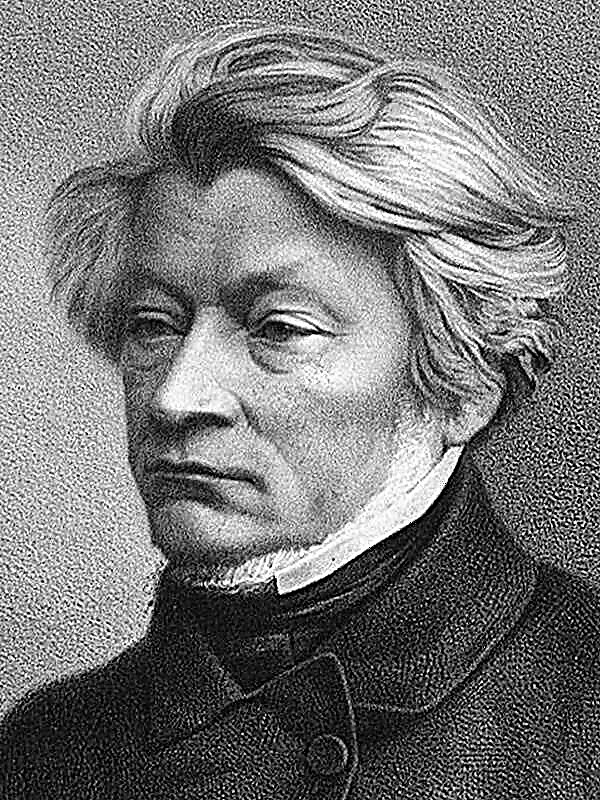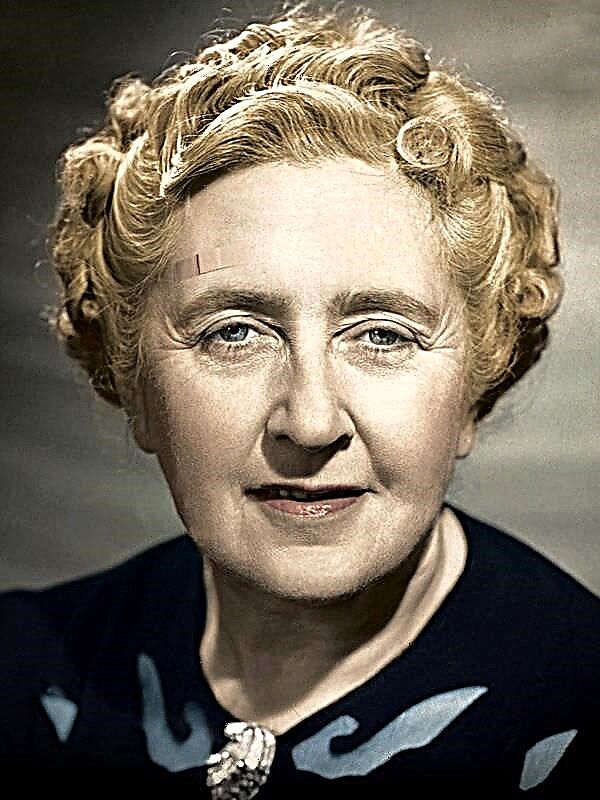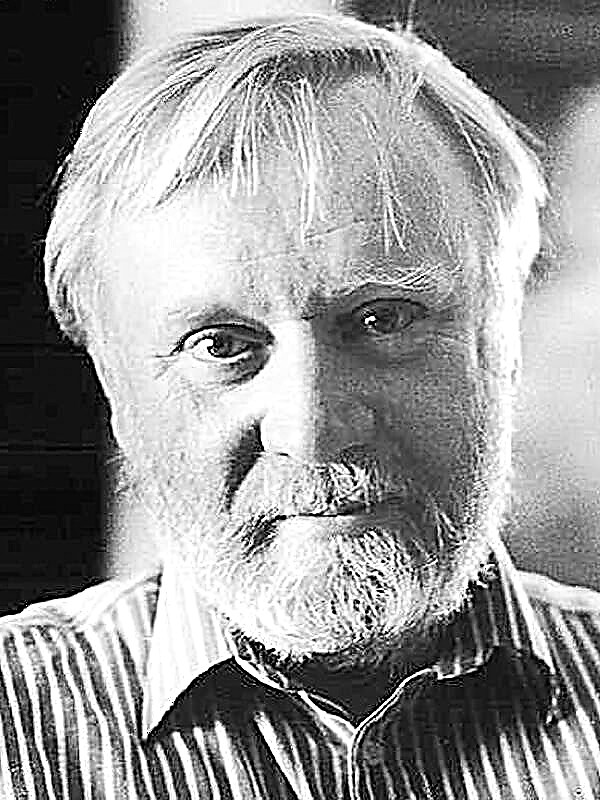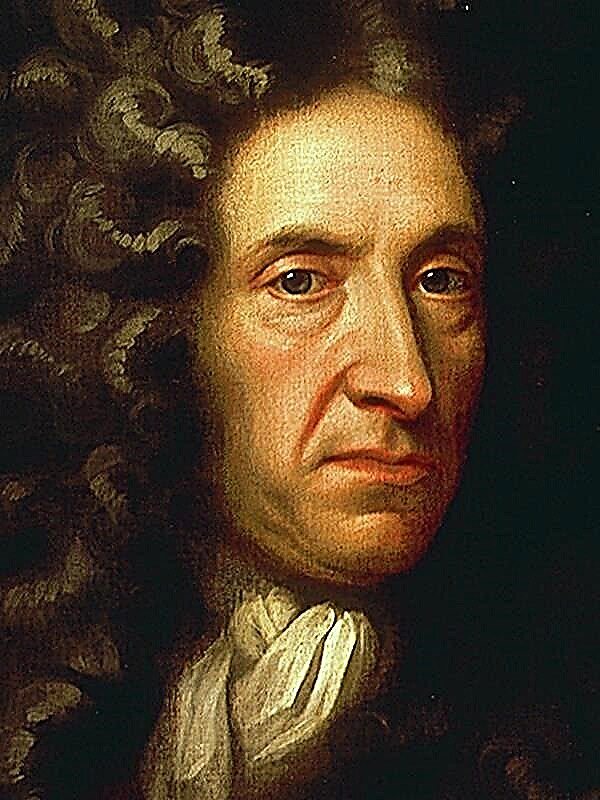(290 words) Mikhail Sholokhov, describing the Second World War, did not focus on large-scale battles and battles, but on the simple human grief that each battle brings with it. Therefore, in his work, the military theme is expressed in the losses that one warrior suffered. Nevertheless, in his patient resistance to the enemy, in his endurance and grief, the image of the entire Soviet people, oppressed by the struggle not to life but to death, is manifested.
The story of M. A. Sholokhov “The fate of man” is a work about a man who lost his whole family due to the war. The main character, Andrei Sokolov, lived in Voronezh with his wife Irina and three children: a son and two daughters. Later he went to the front, and his wife already predicted that they would not meet again. And so it happened. A shell hit the house, and Irina and her daughters died. Only the son remained, who was absent at that time. However, he died from a German sniper bullet several years later. Later, Andrei adopted the boy Vanyushka, who, like him, was left without a family. So the man brightened up not only the life of the child, but also his own.
Andrei Sokolov also spoke about how he was captured by the Germans, about an unsuccessful attempt to escape, about how he was not executed by a miracle, because he made a positive impression on the commandant of the Mueller camp. The man showed himself to be a hero to the invaders, so they had to respect him and the Russian nation. He refused to humiliate himself, taking handouts from enemies. The soldier suffered hunger and was persistent because he did not want to face the dirt.
M. Sholokhov shows Andrei Sokolov as a typical representative of the Russian nation. In the struggle, he showed courage, courage, willpower and self-esteem. However, Andrew, like many others, was deeply unhappy. The war robbed him of all the most precious. But the man did not give up. He survived and found a new meaning in life - a child who needed the care of his father.

